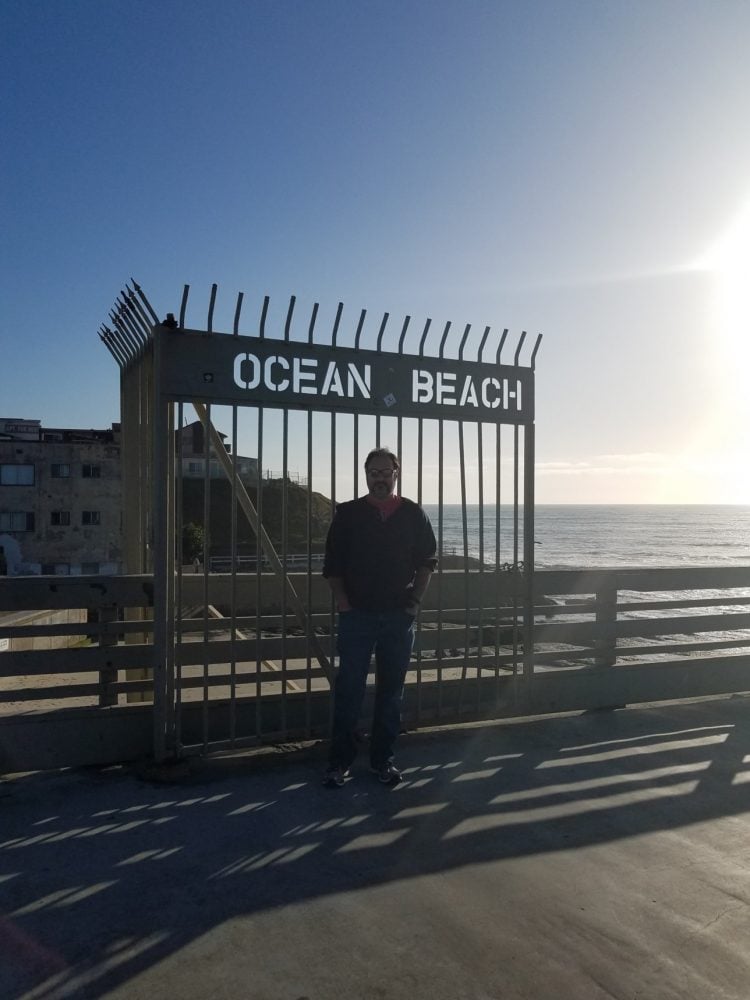DaedTech Digest: How to Make Money While Vagabonding?
This is an interesting premise for the week’s digest post. I say this because I think it arose from somebody misunderstanding why and how I have money.
There is a small population segment that slow travels and makes a living blogging about the same. But we are not part of that segment, weekly digests about our adventures notwithstanding. We make money in a different way. Still, let’s answer the question.
How do you make money while vagabonding?
First up, there are some people that don’t. These include retirees and the independently wealthy. This ins’t terribly interesting, though, so let’s quickly move one.
Next, you have people that work in some kind of gig capacity. Do a gig for 3 months, take a new one elsewhere. This isn’t what most think of as slow travel, per se. But, depending on the demand for services, people working this way can control their destination and live places a few months at a time.
Alright, now here’s our bucket: the remote worker. My wife and I own a location-independent, pure-remote business. We can work from anywhere, so we do. As we travel, we tend to work schedules that would look familiar to the workaday nine-to-fiver, albeit with more flexibility. But remote work could also apply to wage employees that are remote, as well as to folks that simply contract or freelance. As long as you can work from anywhere, you make money doing that work.
And, finally, you have the people that I mentioned earlier, who are travel bloggers. Sure, they’re a subset of business owners with location independence. But, for them, the vagabonding itself is kind of a job. Not so for the rest of us.
So the money itself can really vary. But what stays consistent is the interesting assortment of destinations.
Picks
- I’ve been listening to an audio book called the Pumpkin Plan, and it’s about how small business owners can avoid a situation of barely keeping their heads above water indefinitely. Of particular interest to my audience might be how he talks about ranking clients and cutting bait on bad ones.
- Here’s a podcast I listen to called The Business of Authority. It covers a range of topics, but it’s good stuff if you’re an established freelancer or consultant looking for advice on how to grow from there.
The Digest
- For those of you who are fans of my research posts over at NDepend, here’s another one. I examined the relationship between code comments and the descriptiveness (length) of method/type names.
- Hot off the presses! I recorded a solo episode for the Freelancers show about how to target the C-suite was a freelancer.
- And, finally, here’s a Facebook Live where Amanda interviewed me while I was standing in a lake. This was done in the same vein was one of our author spotlight interviews. Except the lake part. We don’t normally do that with the authors.
Have a great weekend, folks!






